The Brexit Influence on Albanian Food Imports
9 min read Explores how Brexit has shaped Albanian food imports, influencing culinary exchanges and availability of traditional ingredients. July 15, 2025 18:05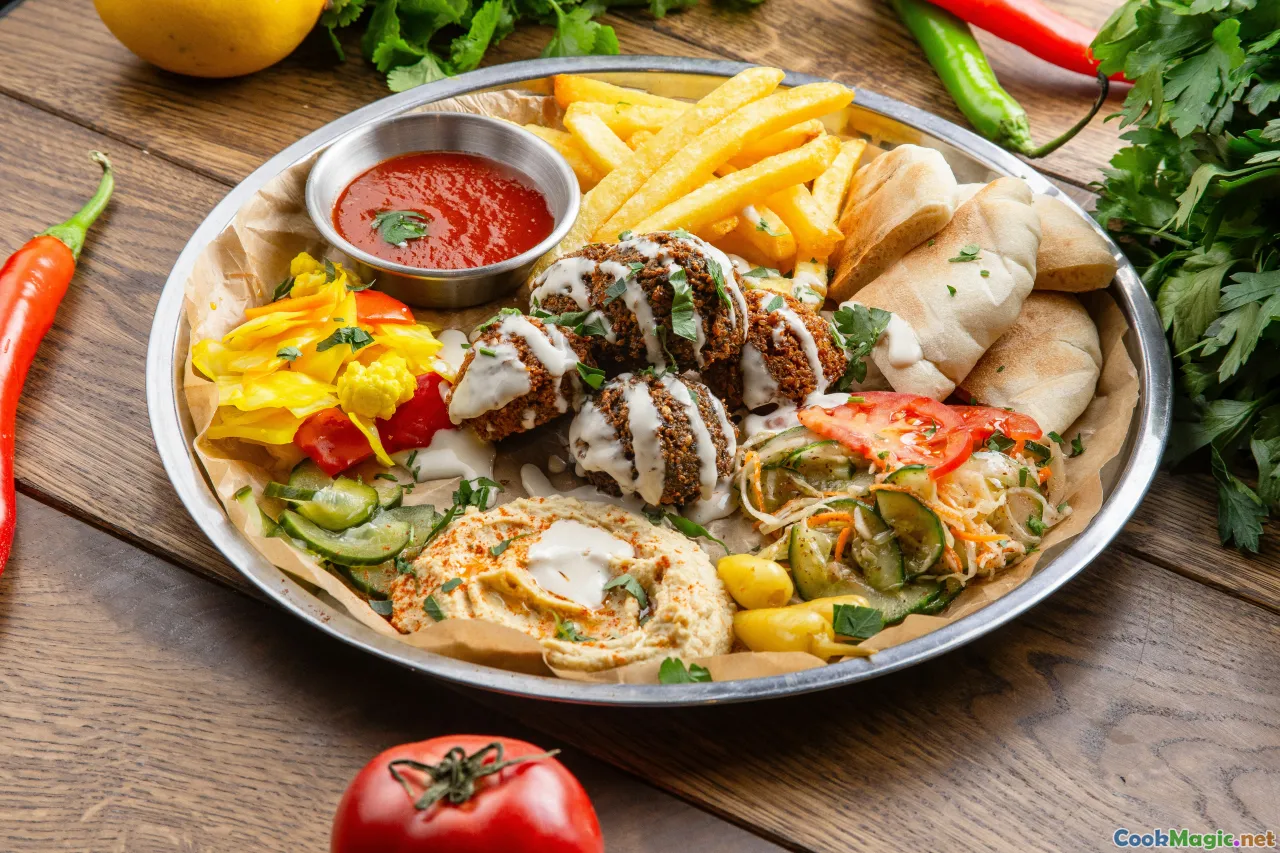
The Brexit Influence on Albanian Food Imports
Imagine strolling through the vibrant souks of Tirana, the aroma of freshly baked bread mingling with fragrant spiced meats, or savoring a tender qofteja seasoned meticulously with wild herbs gathered from the Albanian mountains. Albania’s cuisine is a fragrant tapestry woven with centuries of tradition, rich in flavors that dance on the palate and stories that warm the soul. Yet, in recent years, a turbulent political backdrop—namely Brexit—has begun to subtly alter the culinary landscape of this Balkan jewel, influencing what appears on Albanian tables and how local tastes evolve.
Let me take you on a culinary journey exploring how the ripples of Brexit have touched Albanian food imports, reshaping buying patterns, ingredient availability, and ultimately, the stories behind the dishes served in homes, restaurants, and markets across Albania.
The Historical Roots of Food Imports in Albania
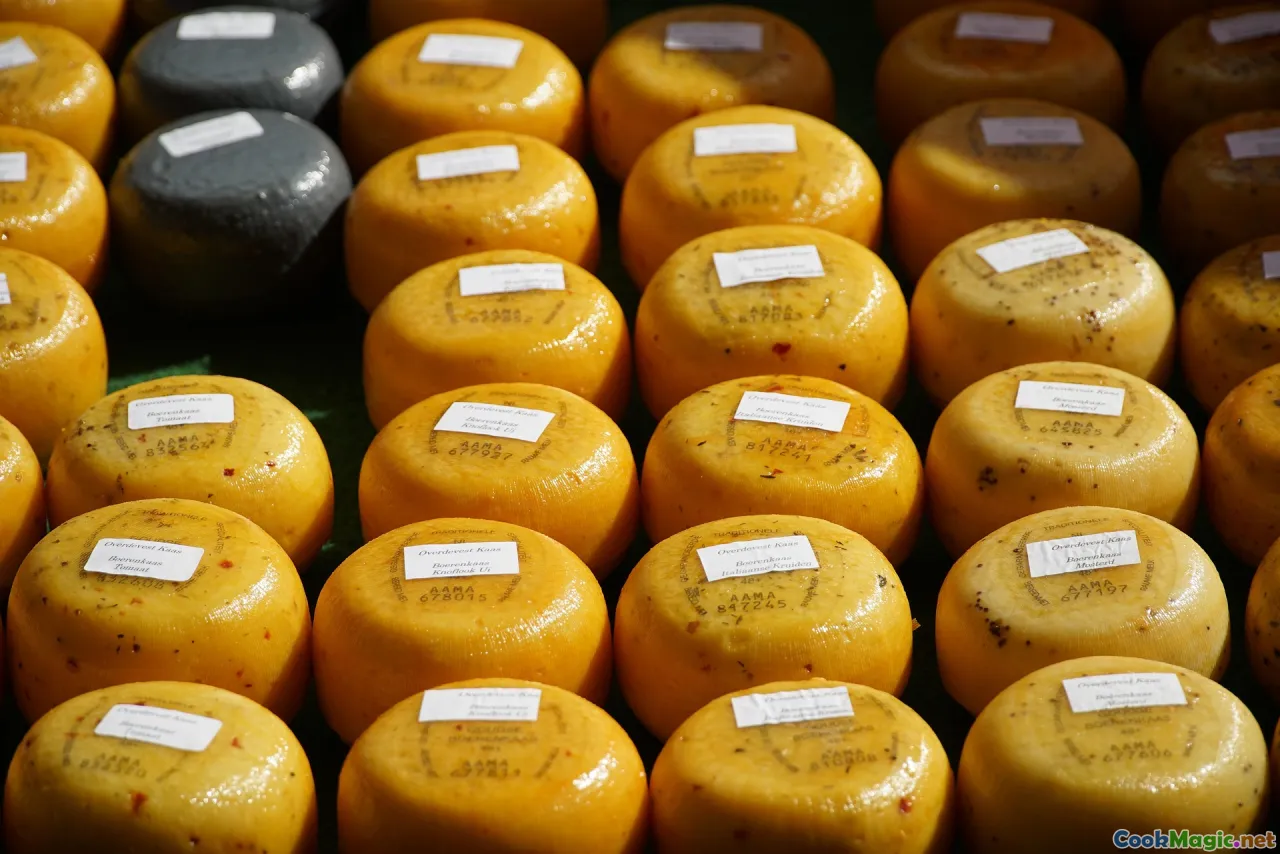
Albania’s cucina — the rich, soulful cuisine rooted in Mediterranean, Ottoman, and Balkan influences — has long thrived on a blend of local produce and imported ingredients. Historically, the country’s proximity to Italy and Greece ensured relatively easy access to olive oils, cheeses, spices, and wines, which melded with native ingredients like lamb, dairy, and mountain herbs.
Throughout the communist era, import restrictions tightly controlled availability, fostering a resilient local agriculture scene with traditional preservation techniques. Since the 1990s, however, as Albania transitioned to a market economy, imports became a crucial component of the culinary fabric, broadening preferences and cooking styles.
In this landscape, imports provided the cardamom for a fragrant bovë (beef) stew, the tang of imported lemon in fresh salads, or the aromatic Provençal herbs sprinkled atop grilled meats—making Albanian dishes increasingly eclectic.
Brexit’s Ripple Effect: Changing Shipping and Trade Patterns

Brexit—a political upheaval that saw the United Kingdom departure from the European Union—has had cascading effects beyond Europe’s borders, including southeastern Europe’s trade dynamics. For Albania, which relies on imports from both EU nations and non-EU countries like the UK, the ripple effects manifest in several ways.
Disrupted Supply Chains and Increased Freight Costs
Amid the uncertainty and regulatory shifts caused by Brexit, importers in Albania faced delays at borders, increased customs tariffs, and logistical hurdles. For spices, rare grains, or specialty cheeses traditionally sourced from the UK or EU, these hurdles meant longer wait times, higher prices, or limited availability.
Shift in Import Partners
Some Albanian importers began exploring alternative sources—turning eastward to Turkey, or closer to home within the Balkans—to mitigate disruptions. This shift influenced the availability of certain ingredients—think less imported smoked salmon or gourmet pâtés—and nudged markets toward more regional products.
Currency Fluctuations and Pricing
The Albanian lek experienced fluctuations against the euro and British pound, influencing import costs. Elevated prices made some imported delicacies seem less attainable for ordinary consumers, nudging both chefs and families to get creative with local ingredients.
The Impact on Traditional Albanian Ingredients
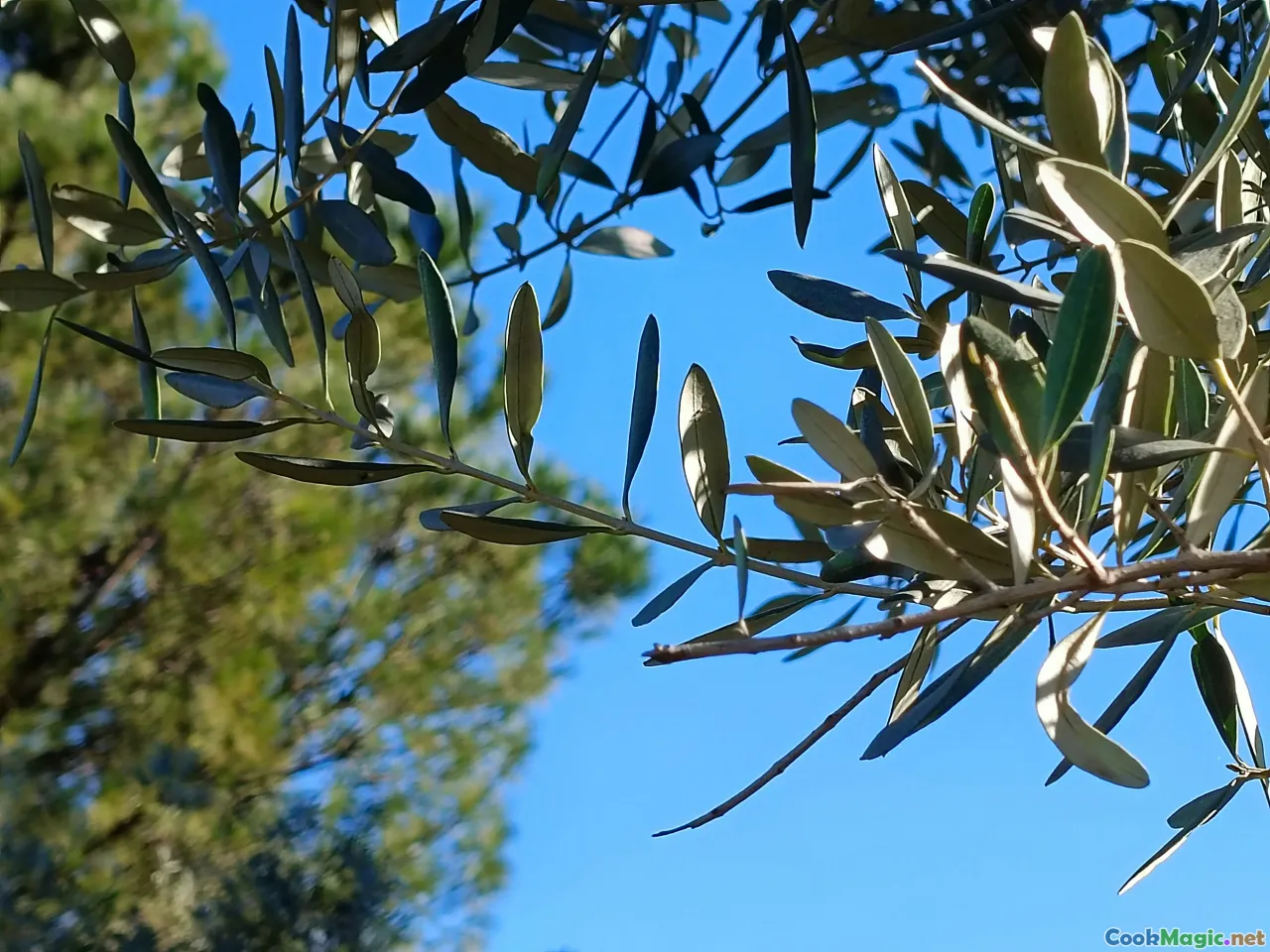
While some imported items became scarcer or pricier, Albanian cuisine’s core ingredients remained resilient. Still, the influence of Brexit led to noticeable shifts:
Increased Local Production and Revival of Traditional Methods
The shortages of imported spices and specialty products encouraged a renaissance in local techniques. For instance, Albanian families began fermenting and drying their own herbs—oregano, thyme, and mountain wild herbs—imparting intense and authentic flavors. Local cheese producers, inspired by market changes, amplified efforts to craft paneer-like kacık cheese or youthful feta-style varieties.
Dependence on Regional Imports
Products like western-style cheeses or imported wine parts, previously commonplace, saw an increase in price or reduced variety. As a result, traditional Albanian cheeses like gjizë or kashkavall gained prominence, celebrated for their bold flavors and ancient techniques.
Reimagining Recipes—The Fusion of Old and New
Cooks began experimenting, blending local ingredients with reimagined international flavors. For example, a traditional tavë kosi (baked lamb and yogurt casserole) might incorporate local herbs and a splash of locally produced wine, replacing imported seasoning blends.
How Albanian Chefs and Home Cooks Adapted
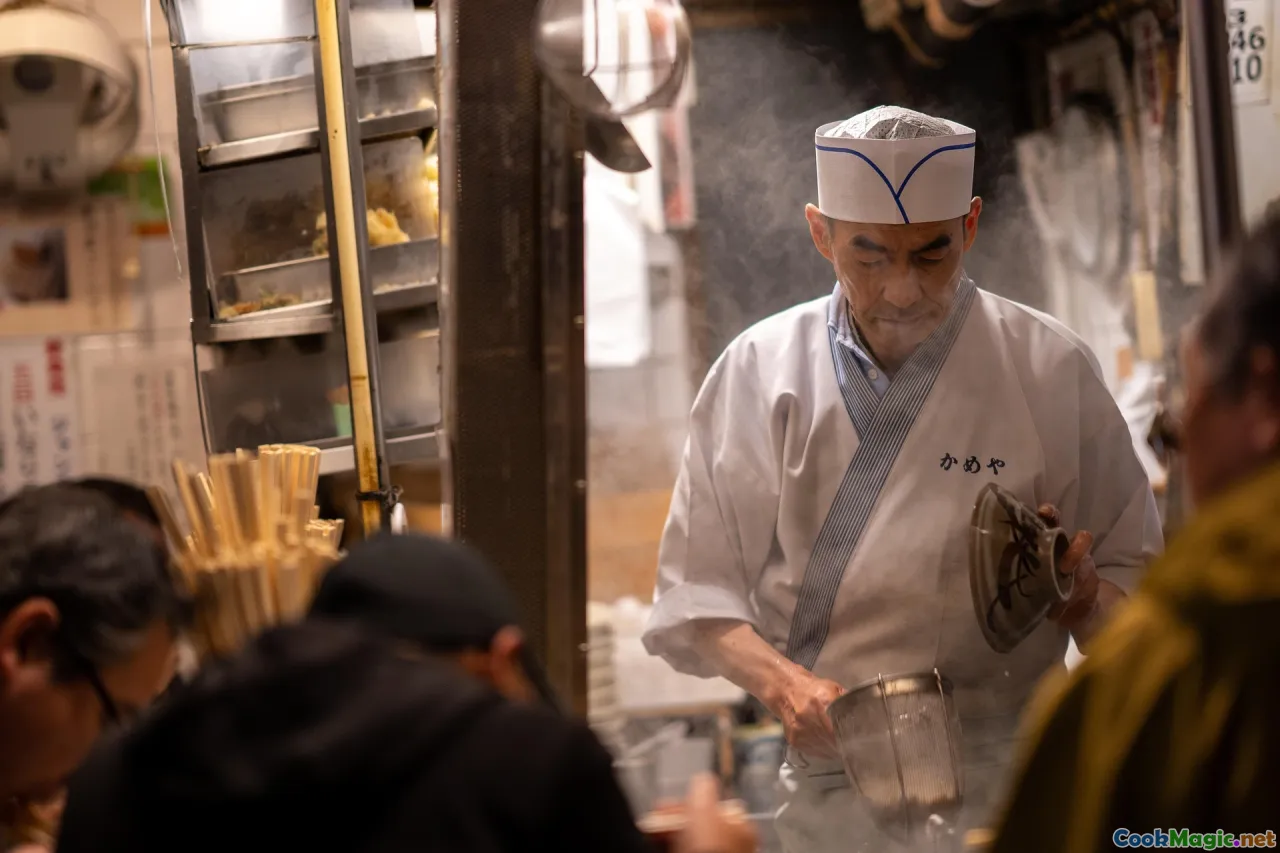
Adapting to the new import landscape, Albanian chefs have shown remarkable resilience and innovation. Here are some notable trends:
Embracing Local and Wild Ingredients
Many chefs now source herbs from mountain foragers and insist on using native produce—wild thyme, summer savory, and mountain honey—to maintain the authentic Albanian flavor profile.
Elevating Street Food with Regional Ingredients
Dishes like byrek (savory pie) now often feature organically grown greens or local cheeses, emphasizing freshness and regional specificity.
Creating Fusion Dishes
Fusion cuisine became a natural evolution—melding traditional Albanian dishes with Balkan, Mediterranean, or even Middle Eastern influences—broadening culinary horizons despite import setbacks.
Consumer Choices and Market Dynamics
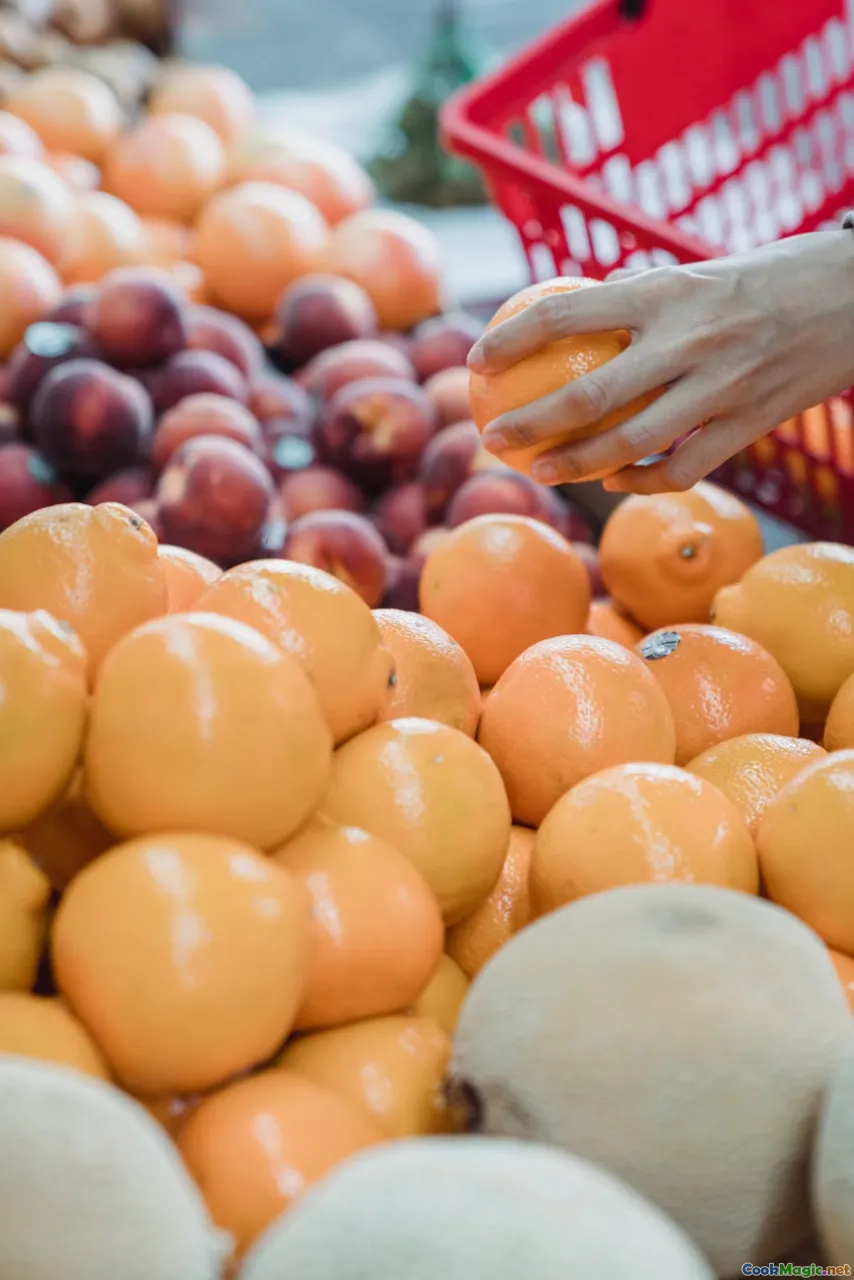
Consumers, increasingly aware of ingredient origins and quality, began asking questions: Where does our olive oil come from? Are these imported spices really necessary?
Supermarkets reshaped their shelves—highlighting domestic products and traditional Albanian staples, fostering pride and supporting local agribusiness.
Small-scale farmers and artisan producers, encouraged by elevating demand for authentic flavors, expanded efforts, resulting in a renaissance of traditional drying, curing, and fermentation techniques.
Personal Stories: Food as a Cultural Resilience
Imagine an elderly woman in Durrës, once dependent on imported saffron, now meticulously drying local mountain herbs, ensuring her family’s recipes remain fragrant and vibrant. Or a young chef in Tirana experimenting with locally brewed wine in his signature dishes—transforming challenge into opportunity.
Brexit has reminded Albanians of their reliance on resilience, community, and tradition. Food, thus, becomes a symbol of cultural pride, adaptation, and hope—a delicious testament to their enduring culinary heritage.
The Future of Albanian Food Imports in a Post-Brexit World
While challenges persist, Albanian culinary ingenuity continues to thrive. Greater emphasis on sustainable local production, regional cooperation, and culinary innovation promises a future where Albanian cuisine remains rich, authentic, and resilient.
In the end, whether it’s a simple tavë or a complex fusion dish, the story of Albanian food post-Brexit is a testament to the enduring spirit of a nation that transforms adversity into a new flavor—rooted in tradition, rising through innovation, and celebrated with passion.









